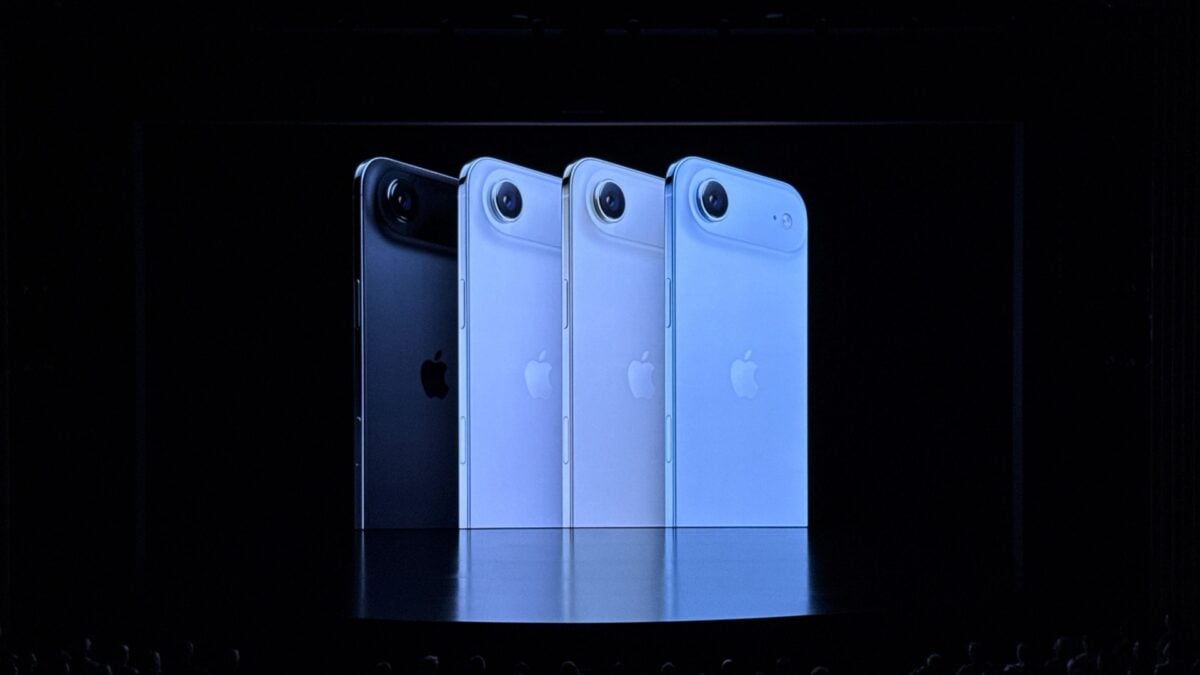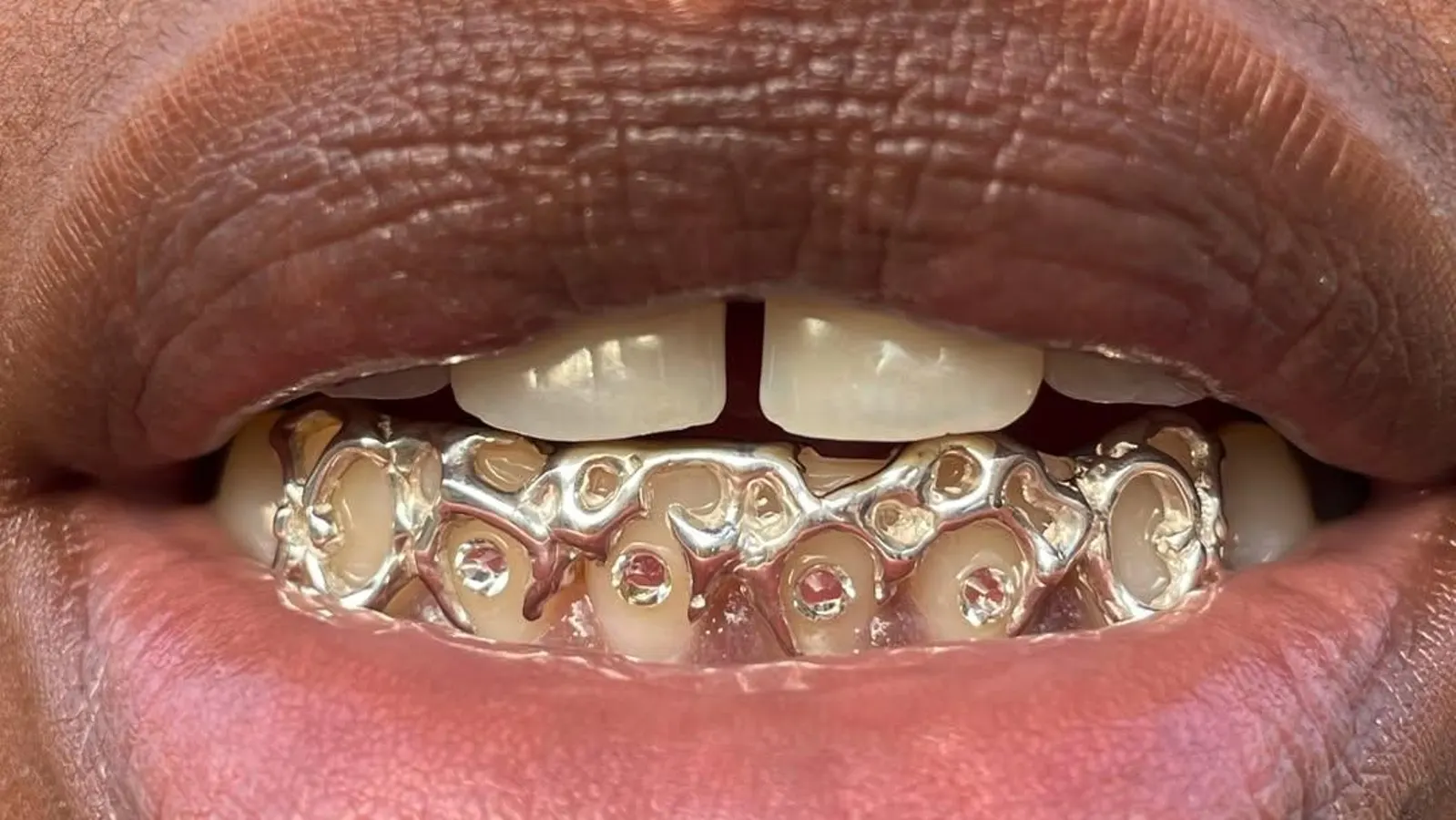By Raymond Wong
Copyright gizmodo

The cat, er, iPhone Air, is out of the bag. After months of anticipation, fueled by copious rumors and leaks, Apple announced the ultra-thin and super-light iPhone at its fall Apple Event. At a mere 5.64mm thick—thinner than even the 5.8mm Samsung Galaxy S25 Edge—the titanium iPhone Air is Apple’s thinnest smartphone yet and one of the thinnest phones ever made. The downside to such a slim frame is that there’s only room for one rear camera, but also that the battery may not be enough to last all day.
While we’ll have to wait to test the iPhone Air for ourselves to see how good battery life is compared to other iPhones, the very fact that Apple is selling a new MagSafe Battery Pack suggests that it may need it the most. For most people, the appeal of a thin and light iPhone with reduced battery life is a compromise too far. Not to worry, though, Apple will happily sell them a regular iPhone 17 or either the iPhone 17 Pro or 17 Pro Max, which are thicker, but also have longer-lasting batteries.
For what it’s worth, Apple says the iPhone Air can last up to 40 hours… for video playback… with the slim MagSafe battery pack. On its own, it can only get up to 27 hours for video playback.
The iPhone Air replaces the iPhone Plus model that Apple has sold over the past three years. Apple has been trying to figure out how to sell a “third” iPhone model alongside the regular and pro iPhones. We’ll see if the Air size sticks this time or goes the way of the iPhone mini and iPhone Plus.
Tech-wise, the iPhone Air is, well, an iPhone. It runs iOS 26 with the new Liquid Glass user interface and has regular iPhone features. It’s got a 6.5-inch 120Hz “ProMotion” display, an A19 Pro chip, and two cameras (a 48-megapixel image sensor on the back and an 18-megapixel Center Stage selfie lens on the front). Apple is also using its own custom second-gen C1X cellular 5G modem that expands on the C1 introduced in the iPhone 16e. The Apple-designed modem is more efficient than Qualcomm’s, so it could also be helping save on power drainage. There’s also a new N1 wireless chip for Wi-Fi 7, Bluetooth, and Thread support.
The front glass is using the new and more durable Ceramic Shield 2. The backside uses the first-gen Ceramic Shield.
Like all iPhones Apple has been selling in the U.S. in recent years, the iPhone Air is eSIM only. This time, there’s no physical SIM card tray, even for the global versions.
The iPhone Air will be available in four colors: Space Black, Cloud White, Light Gold, and Sky Blue. Apple is also selling a clear case and new bumpers. The iPhone Air starts at $999 for 256GB of storage. Higher storage is also available in 512GB and 1TB models. Pre-orders start on Sept. 12 and the iPhone Air will be available starting on Sept. 19.



